

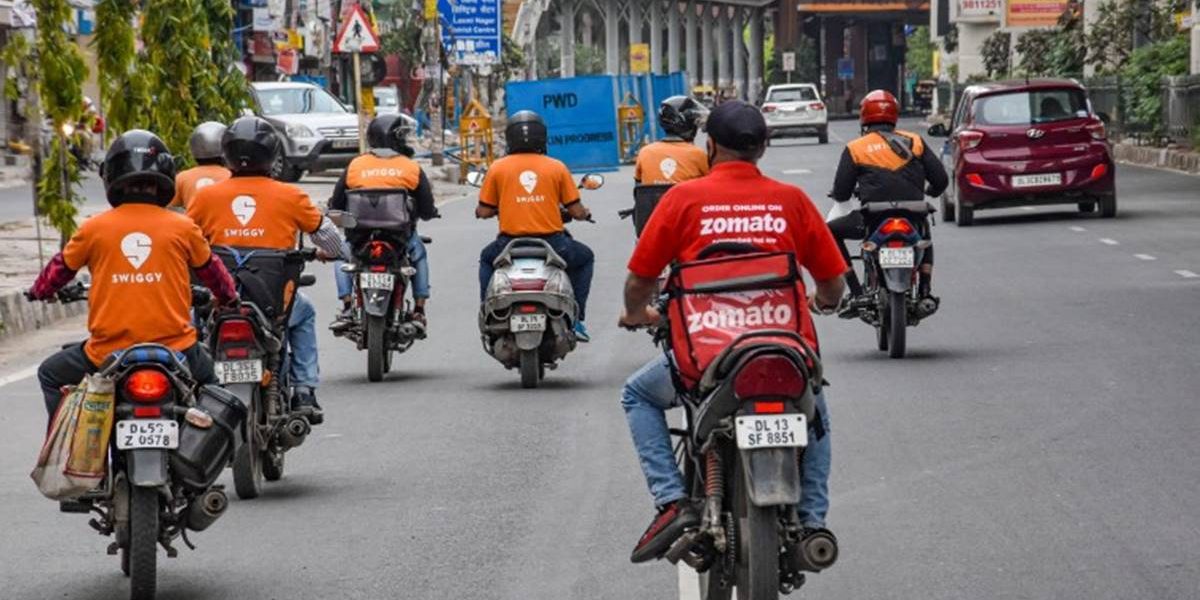
Swiggy, one of India's largest food delivery apps, recently implemented a dynamic rating system for its gig workers, which determines their access to company benefits, including health insurance. However, this system has come under fire as it incentivizes workers to work longer hours and penalizes them for taking time off to attend to personal or family matters. This has left many workers and their families without health insurance when they need it the most, sparking calls for a return to the old system.
Swiggy's Controversial Health Insurance Rating System
Swiggy, India's leading food delivery platform, has sparked controversy with its recent implementation of a dynamic rating system for its gig workers. This system determines workers' access to company benefits, including health insurance.
Background
Prior to the new rating system, Swiggy gig workers were eligible for health insurance after completing a certain number of deliveries. Under the dynamic system, workers' ratings are based on factors such as delivery speed, customer feedback, and attendance. Workers with higher ratings have access to better benefits, including higher health insurance coverage.
Criticism
The new system has been criticized by labor groups and workers' unions. They argue that it incentivizes workers to work longer hours and penalizes them for taking time off for personal or family reasons. As a result, many workers have been left without health insurance when they need it most.
Call for Change
Amidst the outcry, Swiggy has faced calls to revert to the old system. Critics argue that the dynamic rating system undermines the well-being of workers and deprives them of essential healthcare coverage.
Top 5 FAQs
1. What is the dynamic rating system? It is a system that assigns ratings to Swiggy gig workers based on factors like delivery speed, customer feedback, and attendance.
2. How does the system impact health insurance eligibility? Workers with higher ratings have access to better health insurance coverage.
3. Why has the system been criticized? It is argued to incentivize excessive work hours and penalize workers for taking time off for personal matters.
4. What do labor groups and workers' unions say about the system? They believe it undermines workers' well-being and deprives them of essential healthcare coverage.
5. Has Swiggy responded to the backlash? The company has yet to announce any changes to the system but has acknowledged the concerns raised.

Zomato CEO, Deepinder Goyal, responds to user feedback on the company's "Food Rescue" initiative, showing his commitment towards innovation and open recruitment. The feature, launched on October 10, 2024, offers discounted meals from cancelled orders to customers within a 3km radius, aiming to reduce food wastage and provide affordable options. While there have been concerns raised about safety and fairness, Goyal points out the efforts to ensure proper packaging and limit the number of cancellations per month. The company is also exploring partnerships with food banks and charities to further reduce food wastage.
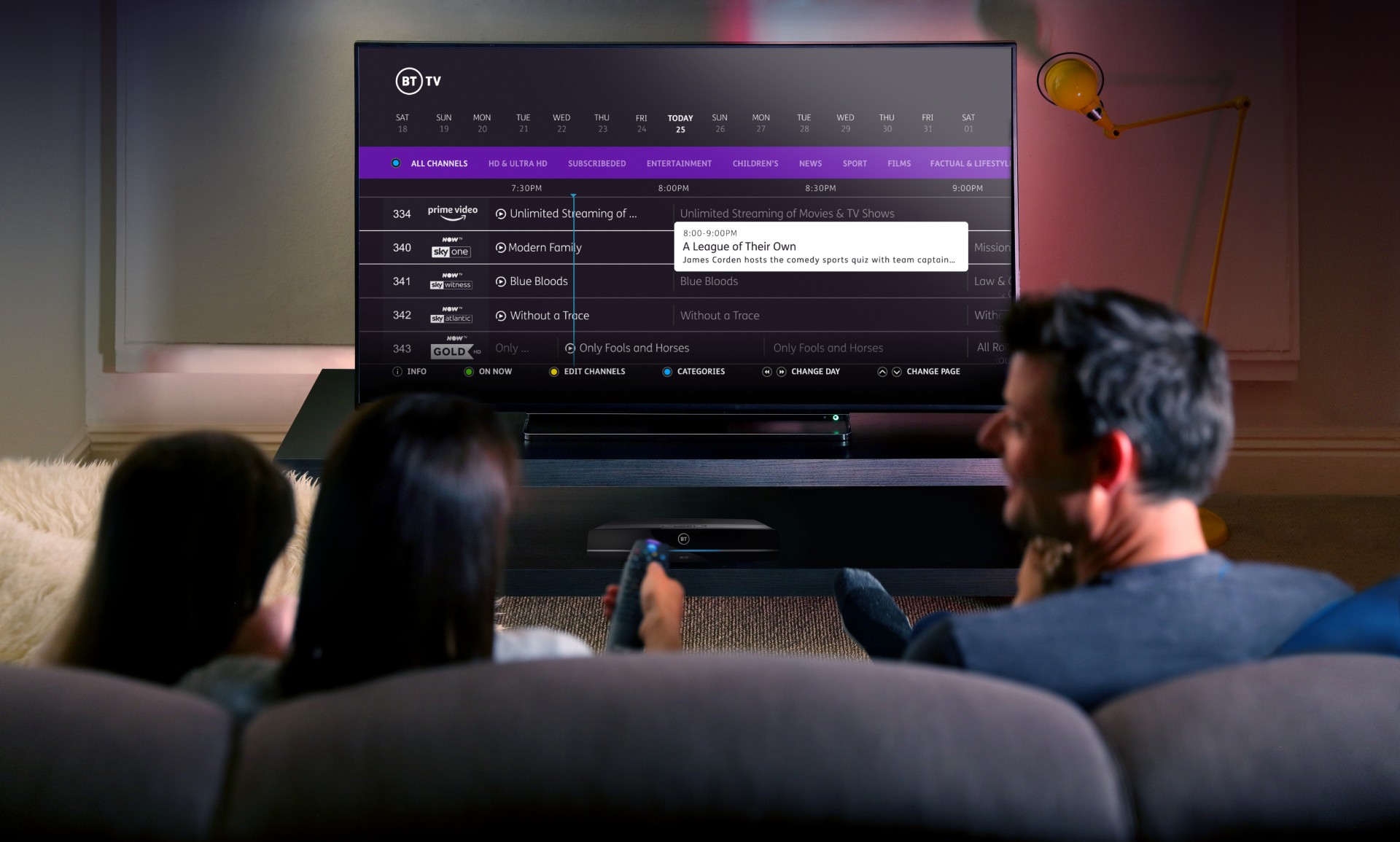
BTTV, a leading market news channel, introduces a new show called 'Daily Calls' aimed at providing viewers with expert insights and guidance on navigating the market. With access to live sessions featuring experienced analysts, the show aims to assist viewers in making informed investment decisions and building a strong portfolio. Don't miss out on this valuable opportunity to gain clarity and understanding in today's uncertain market.
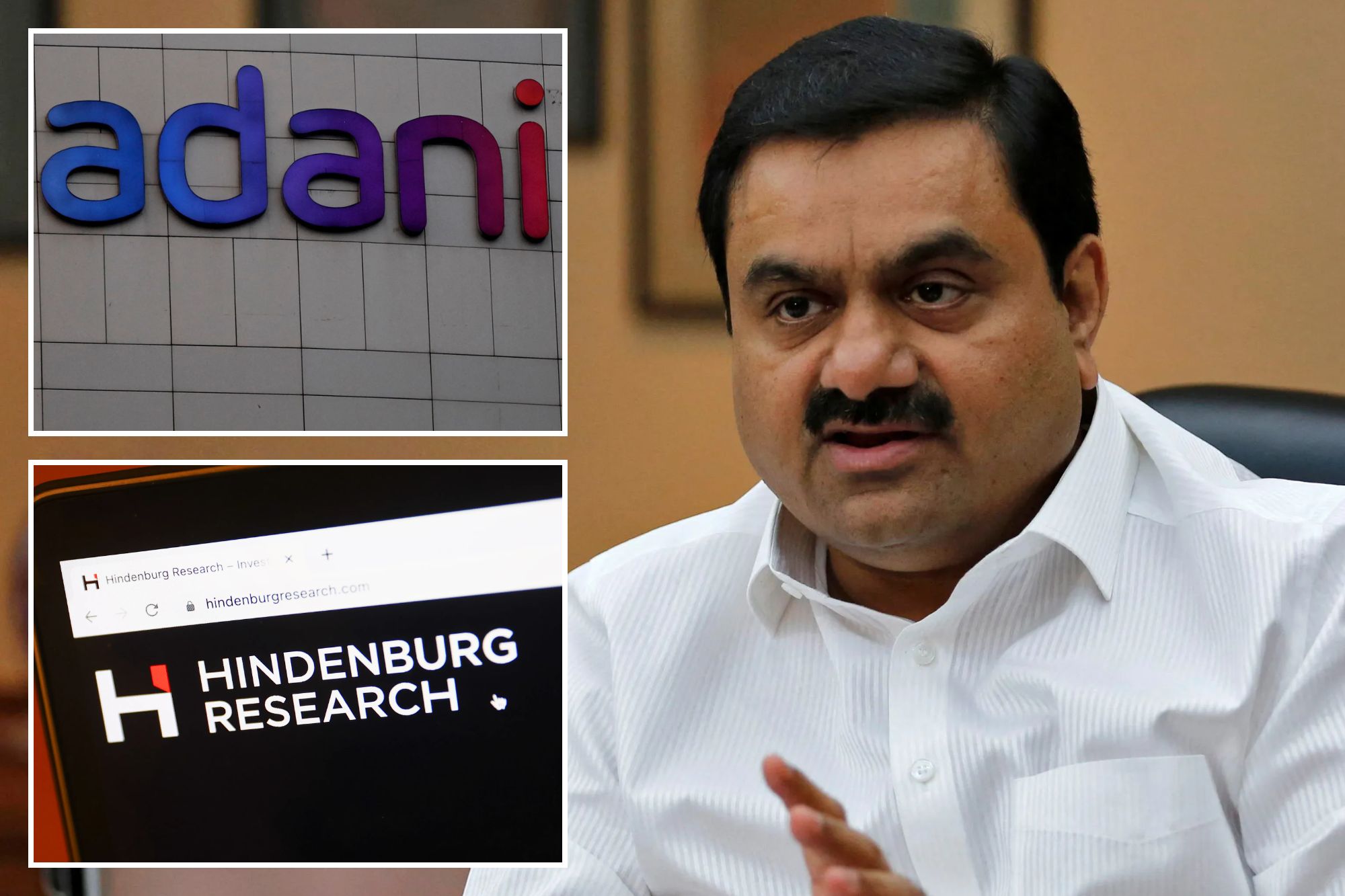
Adani Group is under scrutiny for alleged violations of disclosure norms concerning a US bribery case and the subsequent cancellation of major deals by Kenya. While the conglomerate has denied any involvement in the case, stock exchanges have sought explanations and experts believe that the Securities and Exchange Board of India (SEBI) may launch an investigation. The allegations, which include a criminal indictment and a civil complaint, could have significant consequences for Adani Group's reputation and access to international markets.

Outlandish, an e-commerce startup, is opening a new brick-and-mortar store in Santa Monica's 3rd Street Promenade, featuring a first floor of branded stalls and a second floor for shopping. The store aims to mix live online selling with in-person retail, as visitors can watch influencers and sellers on livestreams and even join in themselves. The concept taps into the growing trend of live shopping in the US, with TikTok itself actively promoting and hosting events centered around live selling. This move by Outlandish is in line with TikTok's efforts to recreate the success of its Chinese sister app, Douyin, which drives billions in annual product sales.
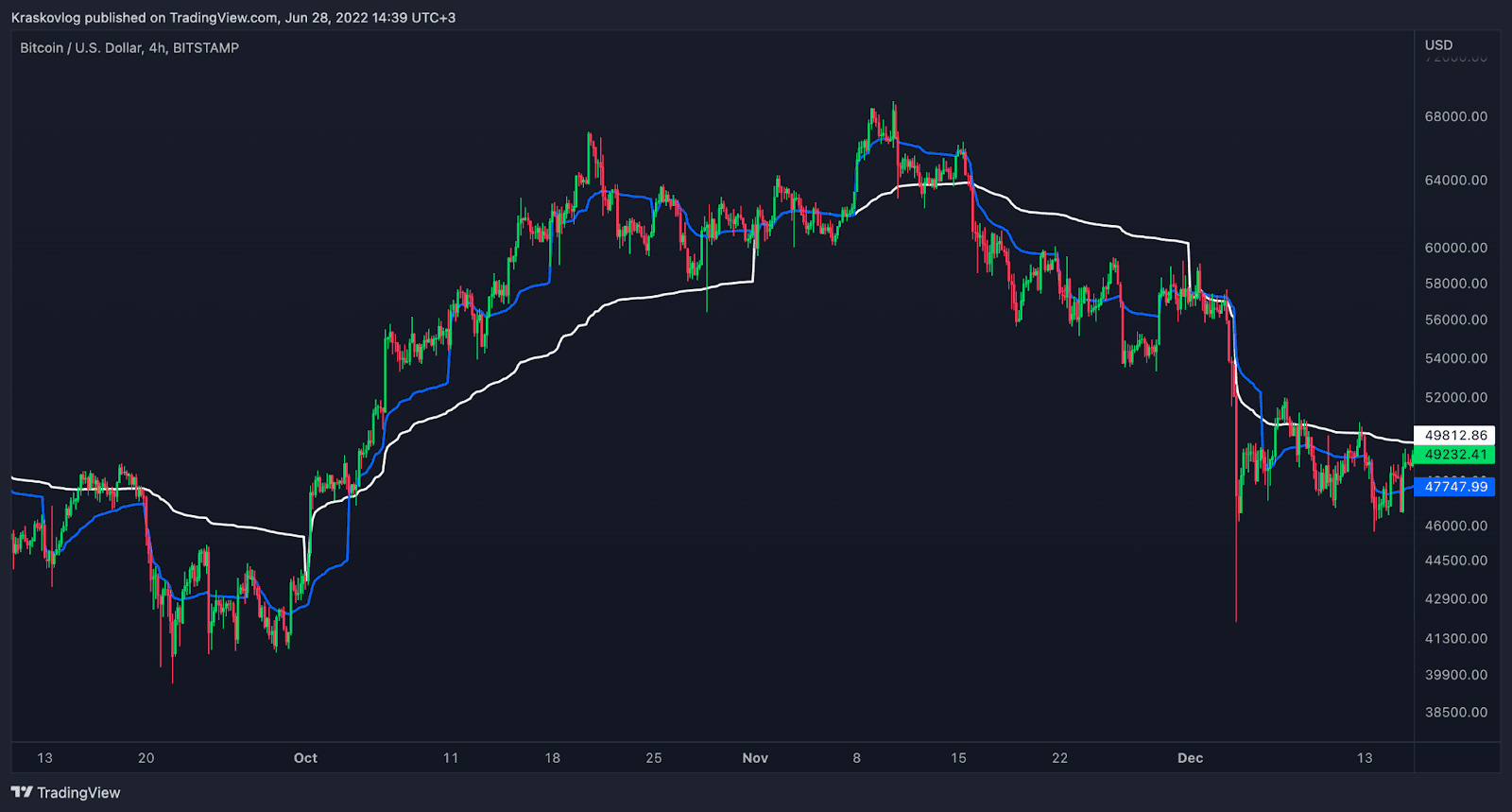
The highly volatile Mad cryptocurrency has seen a massive surge of 67% in the last 24 hours, trading at $0.00006226 as of 02:49 a.m. EST. This sudden spike in price, along with a heavy overbought RSI level of 86, signals a potential correction or pullback in the near future. However, the Mad price has managed to break above both the 50-day and 200-day SMAs, indicating a strong and sustained bullish trend. The ADX value above 60 also confirms the strength of this rally. Stay updated on this exciting development by joining our Telegram channel.

In a note released on Friday, JPMorgan addressed concerns over potential credit risk for Indian banks heavily exposed to the Adani Group, following the recent indictment of its billionaire founder, Gautam Adani, in the US. While the charges have sparked a drop in shares of state-owned banks, JPMorgan analysts have deemed the banks' exposure "manageable," with their assessment showing a low risk of default from the Adani Group. However, global and local banks are expected to take a cautious approach in providing any new funding to the conglomerate, with potential for higher interest rates due to heightened risks.
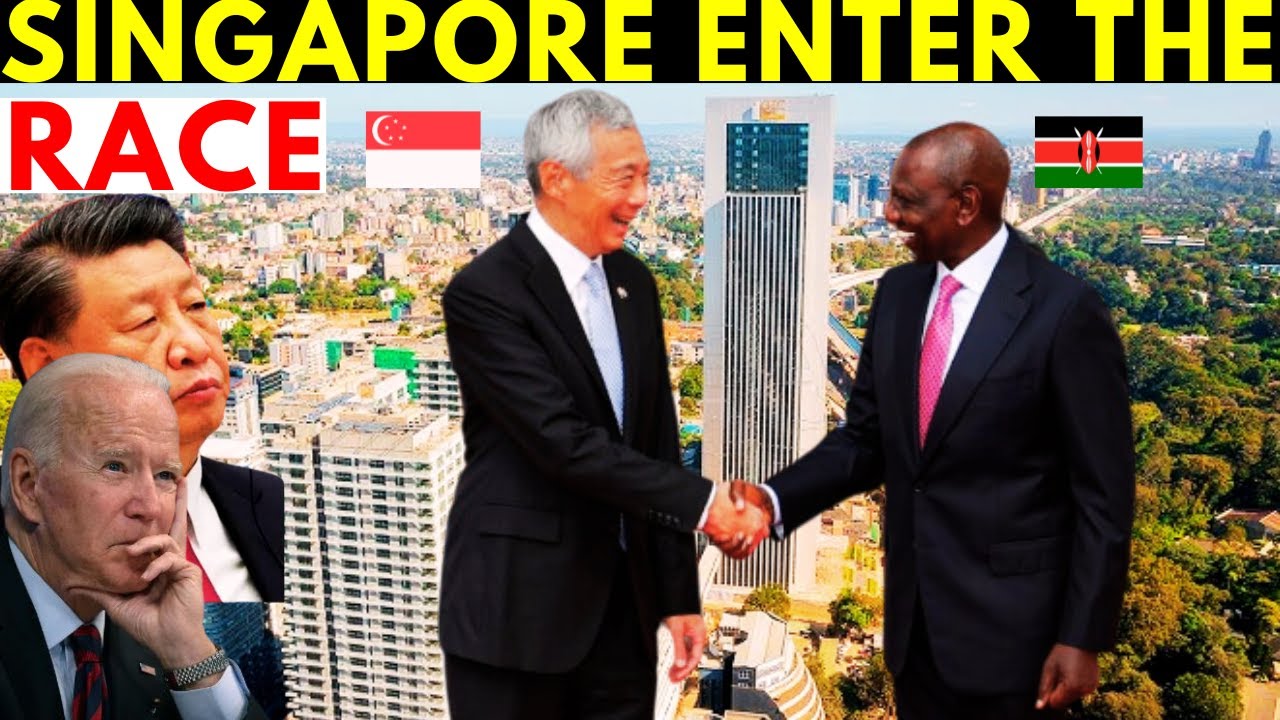
In a state of the nation address, Kenya's President announced the cancellation of major deals with Indian tycoon Gautam Adani, including an airport expansion project and power transmission lines. This decision was made in light of U.S. bribery and fraud indictments against Adani, who has been charged with securities fraud and conspiracy. The controversial deals had faced backlash from Kenyan protesters and airport workers concerned about potential job losses. Despite claims from Kenya's Energy Minister that no corruption was involved on their part, the country has now severed ties with Adani's conglomerate.

X's new terms of service, which allow the company to use user data and hold users accountable for overusing the platform, are prompting long-time users, including celebrities like Gabrielle Union, to leave the popular microblogging platform. In response, many users are turning to Bluesky, a microblogging startup, with its U.S. mobile app downloads increasing by an estimated 651% since the start of November. Despite X and Meta's larger user bases, Bluesky's growth suggests many users are looking for alternatives to X's new terms.

Zomato’s new “Food Rescue” feature caught the attention of Bengaluru resident Bhanu who offered practical and thoughtful suggestions to CEO Deepinder Goyal. Impressed by his insights, Goyal extended an unexpected job offer to Bhanu, a product manager working for a startup. This positive exchange highlights the importance of hiring talented individuals who offer practical solutions to enhance a company’s operations. Zomato, known for handling over 4,00,000 cancelled orders per month, aims to prevent food wastage with their new feature, which offers discounted meals to customers within a 3km radius of a delivery partner with a cancelled order.
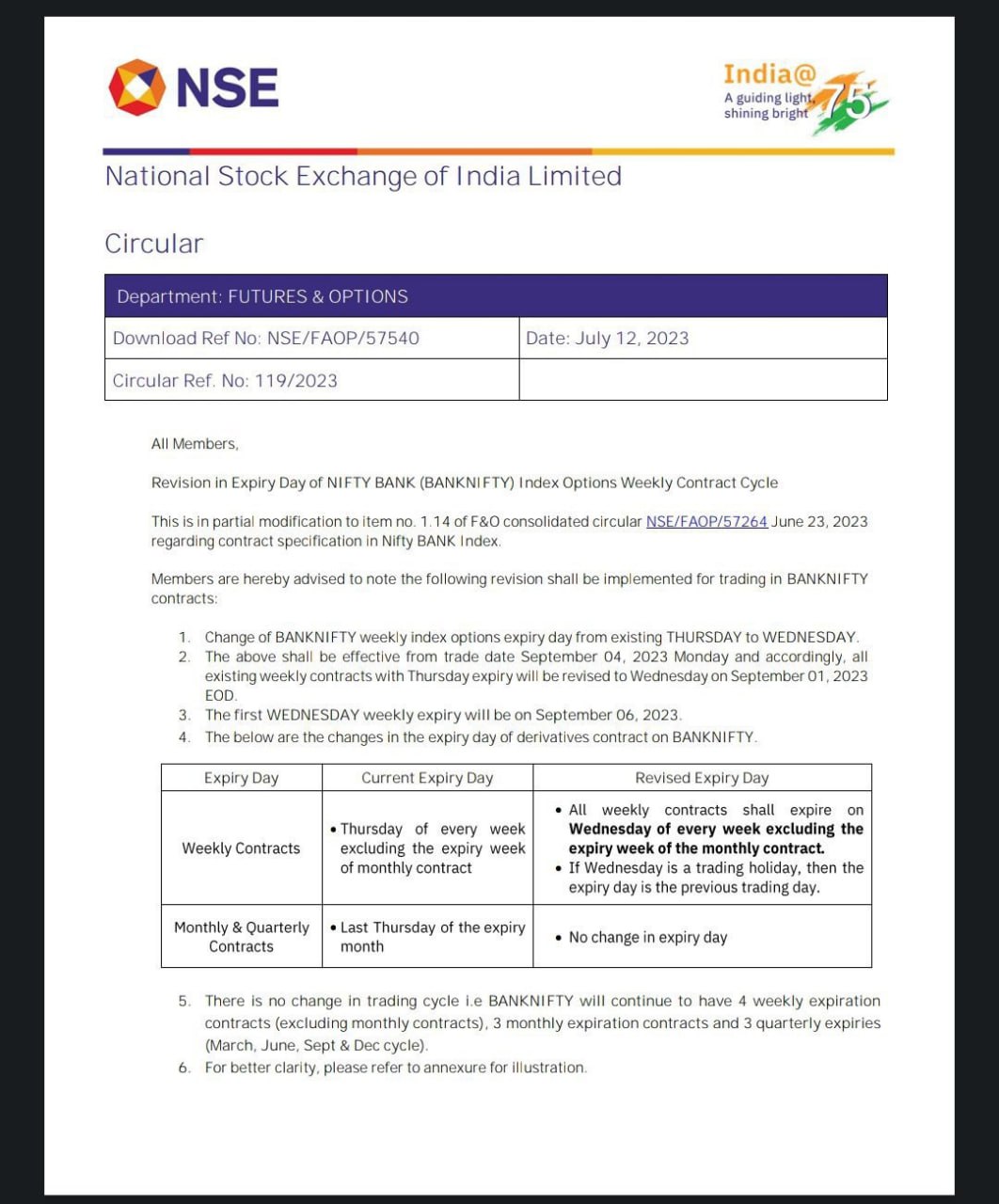
Zerodha co-founder and CEO Nithin Kamath shared a humorous mock obituary for Bank Nifty Weekly contracts on social media. The post, created by one of his old trader friends, announced the "passing" of Bank Nifty Weekly and mentioned its struggles with regulation. The post has since gone viral, with many traders reminiscing about their experiences with this contract.